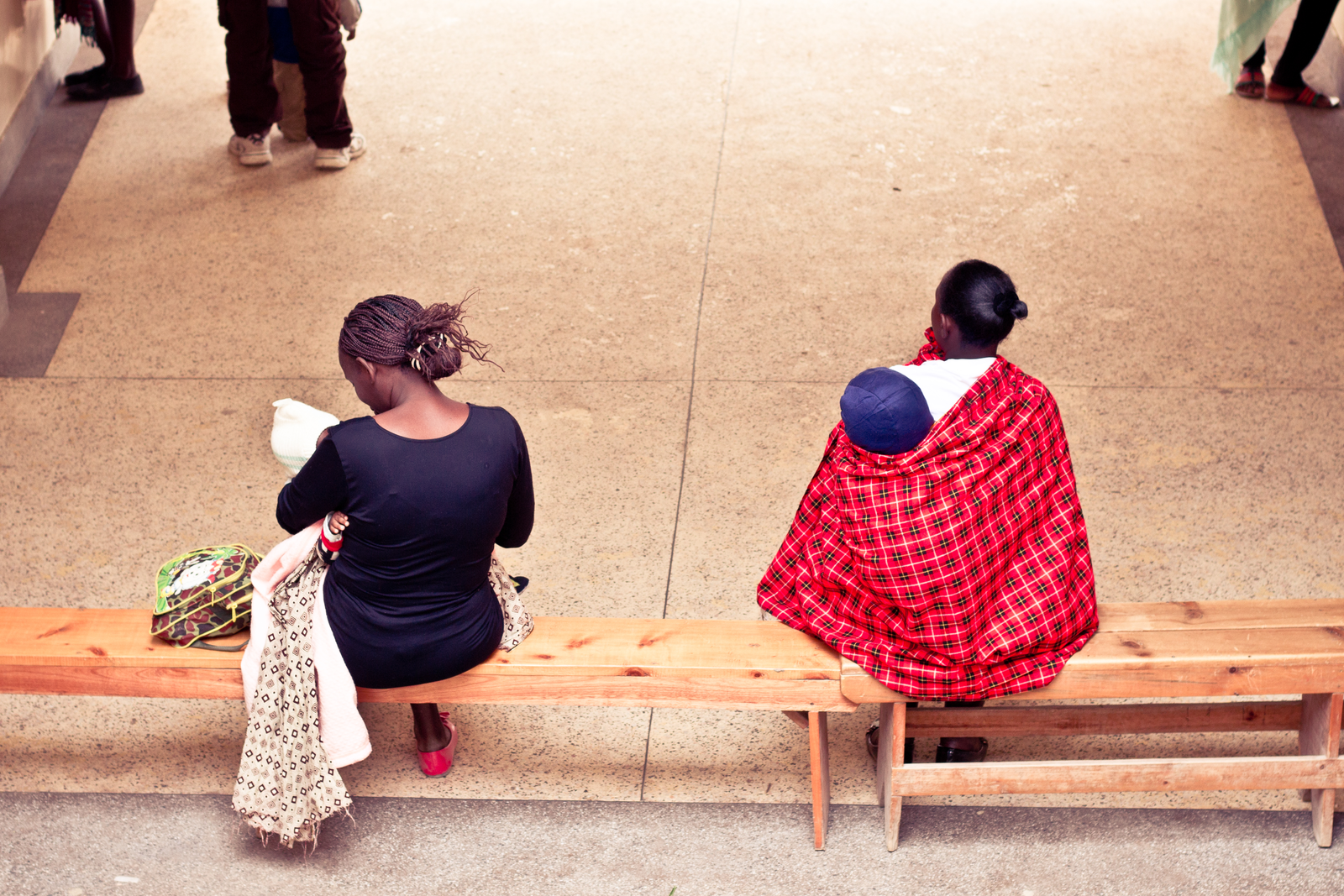
#5for5 campaign: best start in life begins with the midwives
Early childhood development, Safe pregnancy and birth
To mark International Day of the Midwife and Theirworld's new #5for5 film, we look at the women whose skills help millions of mothers every year to have a safe pregnancy and childbirth.
Midwives are the unsung heroines of any society. They’re the women who bring children into the world – ensuring a safe delivery for mother and baby.
Whether you’re from the rich West or having your baby in one of the world’s poorest countries, the skills of a midwife can be the difference between life or death for you and your newborn.
Thousands of women all over the world are celebrating this profession today on International Day of the Midwife.
“Midwives everywhere understand that by working in partnership with women and their families they can support them to make better decisions about what they need to have a safe and fulfilling birth,” said Sally Pairman, Chief Executive of the International Confederation of Midwives.
“Midwives deliver more than babies. In many instances they provide comprehensive sexual and reproductive health services and play a critical role in promoting health issues in their communities.”
The first five years of a child’s life are vital – because that’s when 90% of brain development happens. Theirworld’s #5for5 campaign urges world leaders to invest in early childhood development.
All this week, to mark the launch of a new #5for5 film, we’re looking at the importance of quality care for the under-fives. We’d love you to share our new #5for5 film on Facebook or Twitter.
And please sign our petition below – we’ll present it to leaders at the G20 summit in July.
Quality early care starts in the womb, with midwives and skilled birth attendants ensuring that millions of women every year have a safe pregnancy and childbirth.
Tragically, an estimated 300,000 women still die each year from complications related to pregnancy or childbirth – 99% of them in developing countries.
More than half of maternal deaths happen in fragile and humanitarian emergency settings, when women are fleeing conflicts or have no access to ante-natal care and clean birthing centres.
Midwife Shatha Al Mostafa works amid the violence, insecurity and human rights abuses in war-torn Syria.
She has practised in hospitals and health centres under bombardment and seen many health professionals flee the country.
“There has been an exodus of qualified midwives and reproductive health professionals,” she said.
Shatha was one of 23 midwives taken to Turkey by the United Nations Population Fund (UNFPA) recently for a week of training in essential skills.
Another was Halema Haj Ali, who started out as a midwife in 1996, delivering babies first in women’s homes and later in hospitals and clinics.
She said: “We have limited resources in terms of curriculums, books, models, safe training venues, and people with both training skills and midwifery competencies.
“I have always loved my career and have practised it during peace and war, under siege and shelling. None of these harsh circumstances have kept me from my work.”
Since 2008, UNFPA has worked with partners, governments and policymakers to help build a competent, well-trained and well-supported midwifery workforce in low-resource settings.
Conflict also plays a huge part in the challenges faced by pregnant women in Uganda who were forced to flee the violence raging in South Sudan.

A UNFPA-supported clinic helped several women give birth recently after they arrived at a border post.
“We walked with difficulty but we could not stay behind because we feared we would be killed by the guns,” said 26-year-old Rose Akongo, who trekked for two days through the bush with her three-year-old daughter Brenda on her back.
She was in labour by the time she arrived and midwives delivered her baby at the clinic.
The theme for International Day of the Midwife 2017 is “Midwives, Mothers and Families: Partners for Life!”.
Sally Pairman of the International Confederation of Midwives said: “Midwives can provide individualised care that meets each woman’s needs, is culturally safe, includes the woman’s family and is therefore more likely to have a lasting impact.”
More news

MyBestStart programme gives young girls the education they deserve
